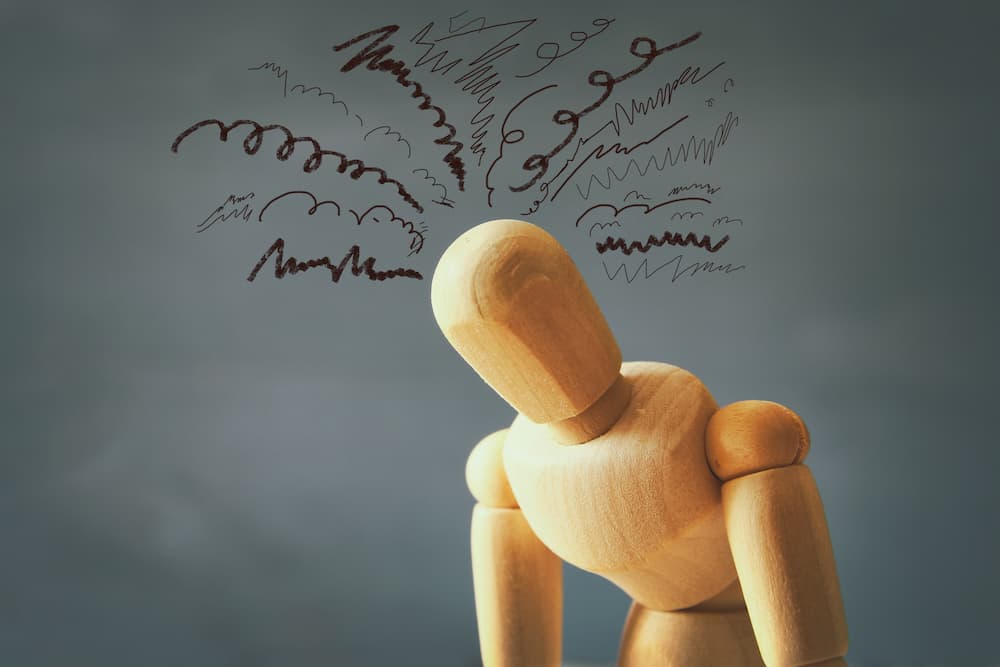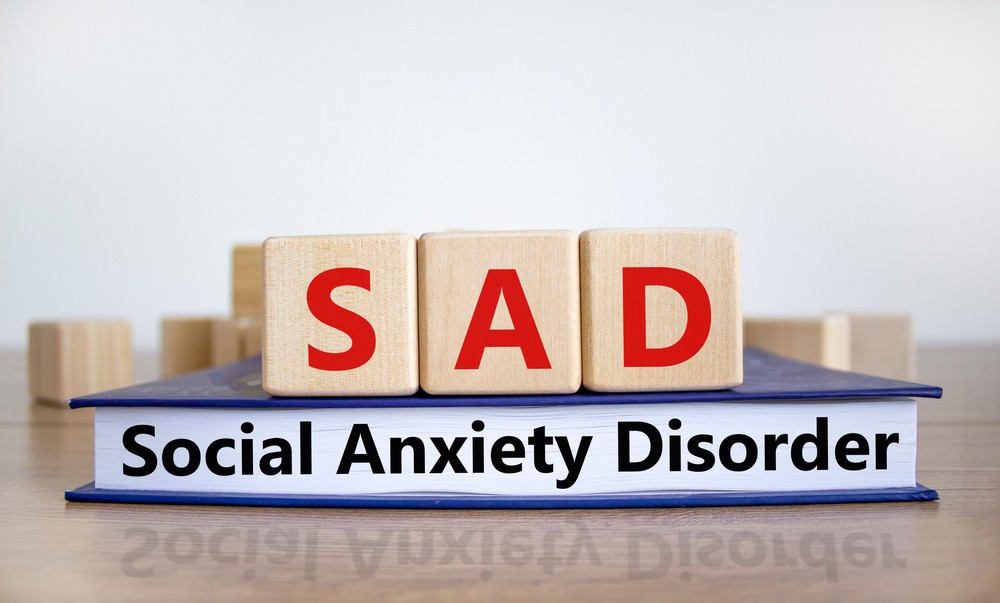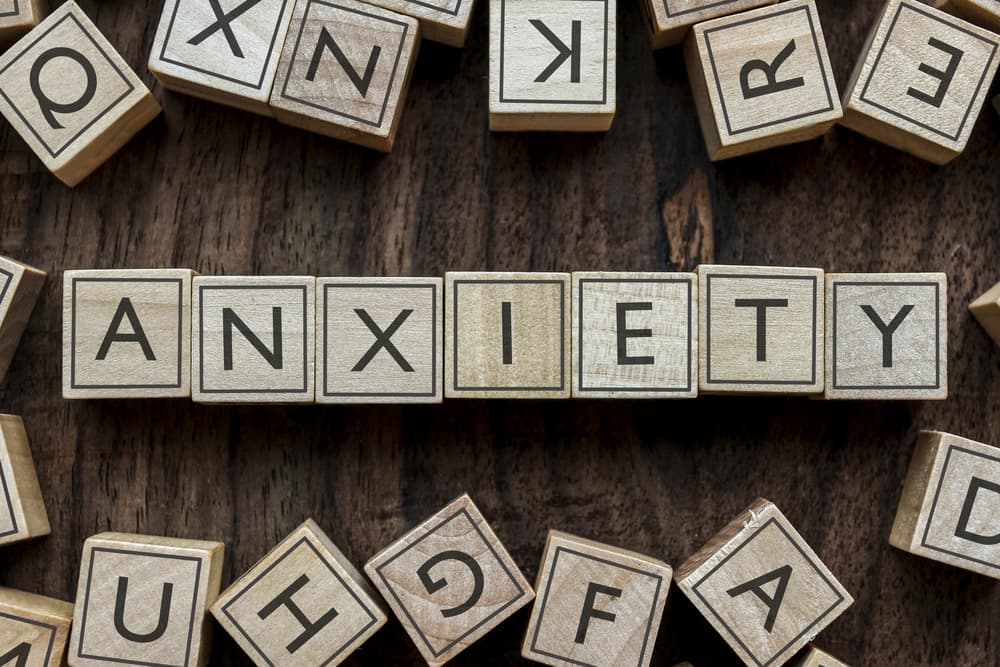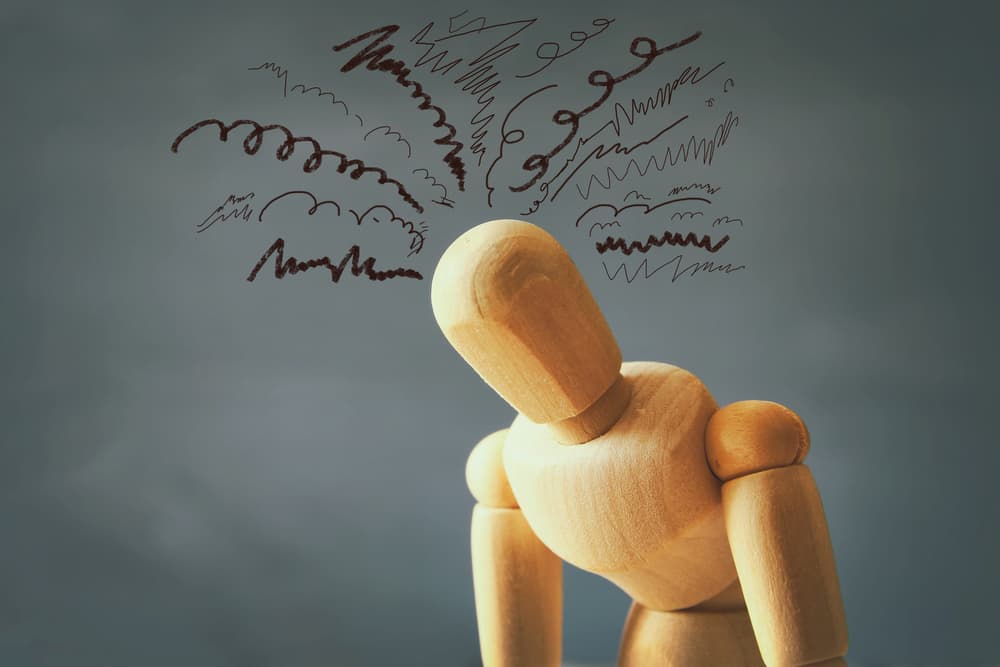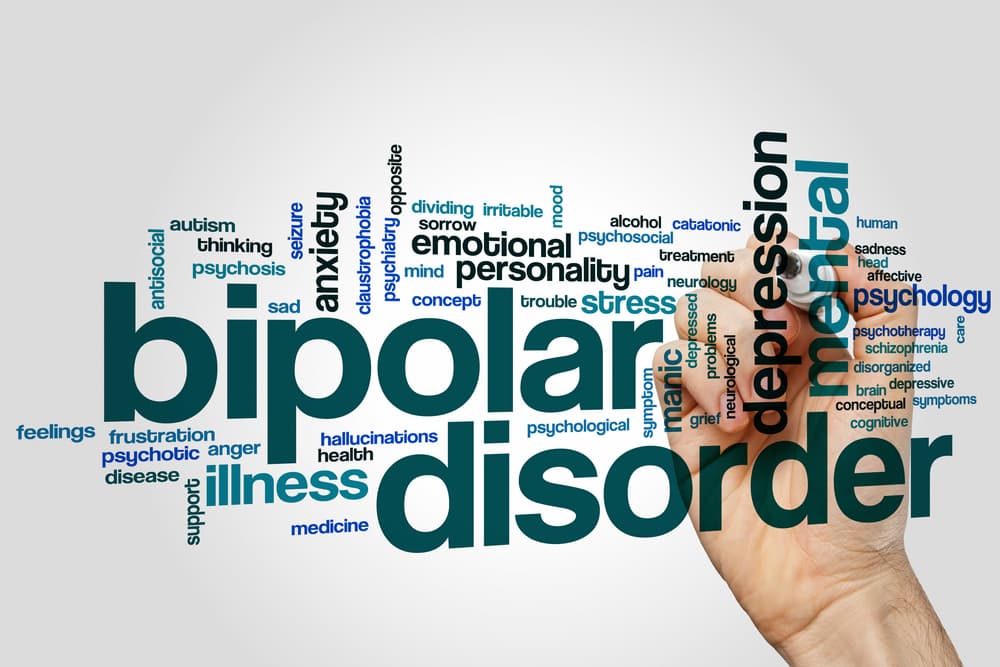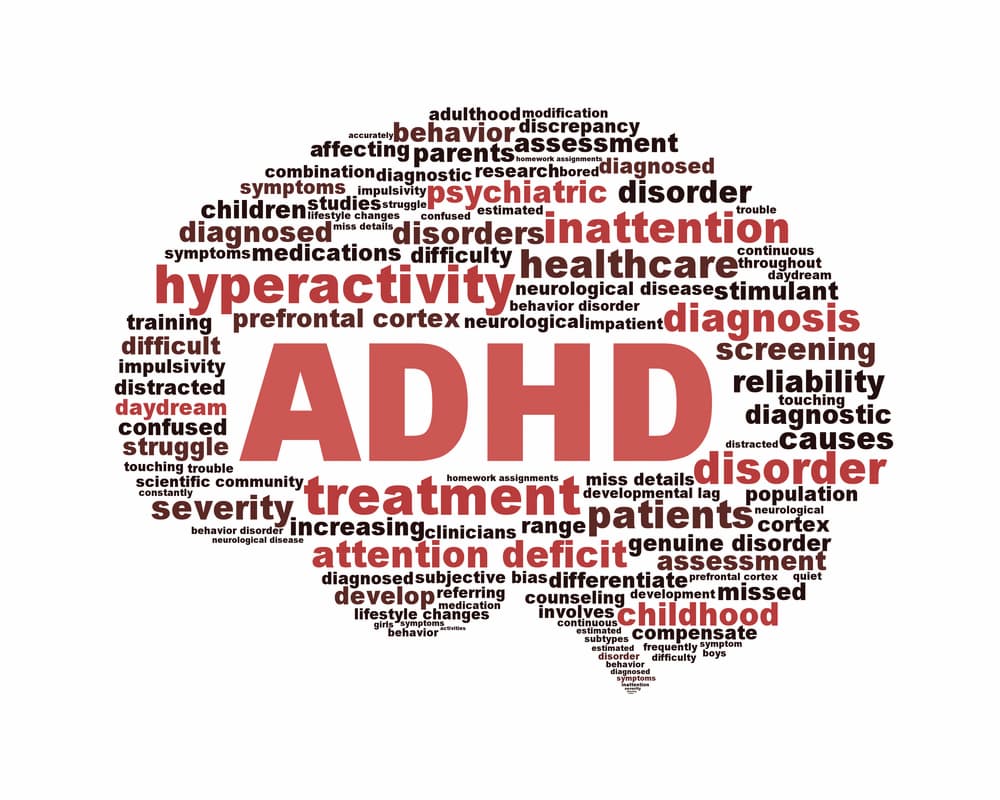Anxiety disorders affect millions of people in the United States, yet often go undiagnosed and untreated. High-functioning anxiety can slip under the radar and is characterized by individuals who appear to be successful and have their lives together, but internally, they struggle with anxiety. In this blog, we will discuss what high-functioning anxiety is, its symptoms, causes, and effects. We will also explore Elevate Psychiatry’s services that can help individuals with high-functioning anxiety and other mental health conditions.
Understanding High-Functioning Anxiety
High-functioning anxiety is a type of anxiety disorder that is not yet recognized by the Diagnostic and Statistical Manual of Mental Disorders (DSM). However, it is a real condition that affects many people. Individuals with high-functioning anxiety often appear to be successful and have their lives together, but internally, they experience persistent worry and fear that can be debilitating.
Signs and Symptoms of High-Functioning Anxiety
The symptoms of high-functioning anxiety can vary from person to person, and some individuals may not even realize they are experiencing anxiety. The most common signs of high-functioning anxiety include persistent worry, self-doubt, and a need for control.
Individuals with high-functioning anxiety may also experience physical symptoms such as headaches, stomach aches, and muscle tension. They may have difficulty sleeping, struggle with perfectionism, and constantly seek reassurance from others. High-functioning anxiety can also lead to avoidance behaviors, such as avoiding social situations or taking on too much work to distract from feelings of anxiety.
It’s important to note that symptoms of high-functioning anxiety can impact a person’s daily life and overall well-being, and seeking professional help is vital for managing these symptoms.
Causes of High-Functioning Anxiety
The exact causes of high-functioning anxiety are not yet fully understood. However, research suggests that both environmental and genetic factors may contribute to the development of this condition. High-functioning anxiety may be more prevalent in individuals who have experienced significant stress or trauma in their lives, such as childhood abuse or neglect.
Additionally, personality traits such as perfectionism, self-criticism, and a need for control may increase the likelihood of developing high-functioning anxiety. Genetic factors may also play a role, as anxiety disorders tend to run in families.
It is important to note that multiple factors can contribute to the development of high-functioning anxiety, and individual experiences and circumstances may vary.
Coping With High Functioning Anxiety
Coping with high-functioning anxiety can be challenging, but there are some strategies that can help manage symptoms and improve overall well-being.
It’s important to prioritize self-care, such as getting enough sleep, eating a balanced diet, and engaging in regular physical activity. Mindfulness techniques like deep breathing and meditation can also help manage anxiety symptoms. Seeking support from a mental health professional, such as a therapist or psychiatrist, can provide additional coping strategies and support. Additionally, setting realistic goals and practicing self-compassion can help manage the pressure that often comes with high-functioning anxiety. With the right tools and support, it is possible to manage high-functioning anxiety and improve your overall quality of life.
High-Functioning Anxiety vs. Other Types of Anxiety
High-functioning anxiety is a type of anxiety that is characterized by an ability to function well in daily life despite experiencing anxiety. This contrasts with other types of anxiety disorders, such as generalized anxiety disorder (GAD) or panic disorder, which can significantly interfere with a person’s ability to function normally.
While high-functioning anxiety may not be recognized as an official diagnosis, it is still a valid experience that can impact an individual’s mental and physical health. It’s important to note that high-functioning anxiety is not necessarily less severe than other types of anxiety, as it can still cause significant distress and impairment in a person’s life.
Treatment Options for High-Functioning Anxiety
Now that we have discussed the signs, symptoms, and causes of high-functioning anxiety, we will explore some treatment options that Elevate Psychiatry offers to help you manage your anxiety and improve your overall well-being.
PSYCHIATRIC EVALUATION
Psychiatric evaluation services are designed to assess your mental health and determine if you have any underlying mental health conditions. During a psychiatric evaluation, a mental health professional will gather information about your symptoms, medical history, and personal background to make an accurate diagnosis. This information can help your psychiatrist or provider to develop a personalized treatment plan to manage your symptoms.
TELEPSYCHIATRY (ONLINE PSYCHIATRIST)
Telepsychiatry is a service that allows you to receive mental health treatment remotely, typically through videoconferencing technology. This service can be especially beneficial for individuals with high-functioning anxiety who may have difficulty accessing care due to busy schedules or transportation challenges. Telepsychiatry offers convenience and flexibility while still providing access to high-quality mental health services.
TRANSCRANIAL MAGNETIC STIMULATION (TMS)
Transcranial magnetic stimulation (TMS) is a non-invasive procedure that uses magnetic fields to stimulate nerve cells in the brain to improve symptoms of depression, anxiety, and other mental health conditions. TMS is a safe and effective alternative to traditional treatments, such as medication or electroconvulsive therapy. At Elevate Psychiatry, our trained professionals provide TMS therapy to our patients as a part of our comprehensive treatment options for varying mental health conditions.
MEDICATION MANAGEMENT
Medication management is an essential component of anxiety treatment. It involves ongoing assessment, adjustment, and monitoring of medications used to manage anxiety symptoms. At Elevate Psychiatry, our psychiatrists are trained to prescribe and manage medications that effectively address the symptoms of high-functioning anxiety, among other mental health conditions. They work closely with patients to ensure the medication is working as expected and make any necessary adjustments to dosage or medication as needed. This ensures our patients receive the best possible care for their anxiety symptoms.
PHARMACOGENOMIC ANALYSIS
Pharmacogenomic analysis is an innovative technology that analyzes your unique DNA to identify which medications will be the most effective for your mental health. Elevate Psychiatry offers pharmacogenomic analysis, allowing patients to take a more precise approach to their medication regimen. The process is simple and involves swabbing the inside of your cheek. Results are typically available within a week, and the information gained can help guide treatment decisions for optimal outcomes. Whether you have previously struggled with medication or are looking for a more personalized approach, pharmacogenomic analysis can be a valuable tool in achieving mental wellness.
Do You Need Help with High-Functioning Anxiety?
High-functioning anxiety is a common and often misunderstood form of anxiety that can significantly impact a person’s daily life. However, it is possible to manage symptoms and live a fulfilling life with the right treatment and support. Elevate Psychiatry offers a range of mental health services in the Miami area to help individuals cope with high-functioning anxiety, including psychiatric evaluation, medication management, psychotherapy, telepsychiatry, pharmacogenomic analysis, transcranial magnetic stimulation (TMS), and more. Our team of experienced professionals is committed to providing personalized and comprehensive care to help patients achieve their mental health goals.
At Elevate Psychiatry, we provide compassionate care and support to help our patients overcome their anxiety and improve their quality of life. Don’t let anxiety control your life any longer – take the first step towards better mental health. Contact us today to schedule a consultation.

